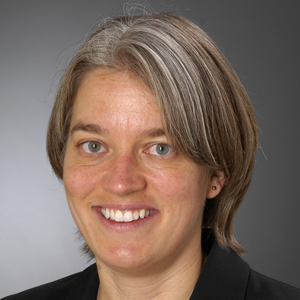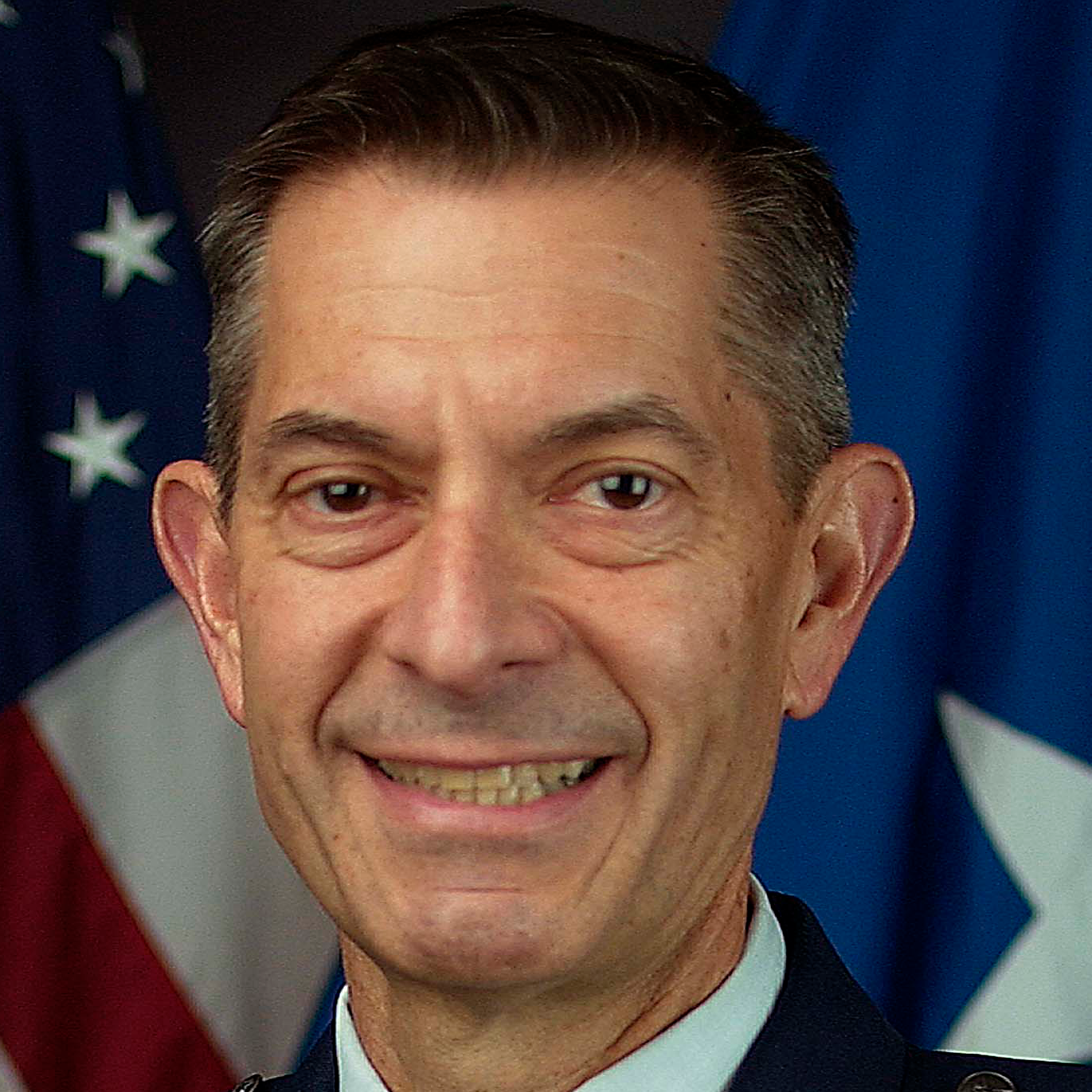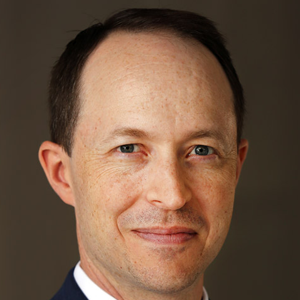

For U.S. military and intelligence agencies, the move toward smaller satellites is part of a broader effort to shore up their space-based assets against attack.
For generations, military satellites have been massive, and massively expensive. In recent years, however, an increasing consensus among defense leaders and military analysts has emerged that smallsat architectures are the way to go. Rather than rely on a few big satellites, they say, critical military functions — such as intelligence, surveillance and reconnaissance or positioning, navigation and timing — could come from swarms of smaller satellites. National security experts say increasingly that a rising generation of space threats make the shift to smallsats an imperative.
 Dara A. Panahy
Dara A. Panahy
As leader of the firm’s Transportation and Space Group in Washington, D.C., Dara’s practice involves representation of satellite operators, aerospace manufacturers, launch services providers, communications companies, banks, private equity firms and hedge funds in debt and equity offerings, project, structured and vendor financings, mergers & acquisitions, financial restructurings and in negotiating commercial contracts. He also advises on regulatory, sanctions, anti-corruption, national security and export control matters.
PRIMARY FOCUS & EXPERIENCE
Mr. Panahy’s practice focuses on representing clients involved in the aerospace and communications industries. His experience includes representing satellite operators, aerospace manufacturers, launch services providers, communications companies, banks, private equity firms and hedge funds in numerous financings involving public offerings, high yield debt, investment-grade bonds, project and vendor financings, mergers & acquisitions, financial restructuring and reorganizations and in negotiating project contracts. He also counsels clients on domestic and international regulatory and trade matters, including licensing of communications systems, economic sanctions, regulation of foreign direct investment, anti-bribery and corrupt practices, national security and export control laws and regulations and risk management.
 Jeanne Atwell
Jeanne Atwell
Dr. Jeanne Atwell is the senior director of Advanced Mission Solutions at Ball Aerospace, supporting the National Defense business unit. In this role, Dr. Atwell oversees programs and business development for critical national security space missions, including survivability and resiliency, advanced technology and missions and special programs.
In nearly 20 years at Ball Aerospace, Dr. Atwell has served in widely diverse roles, including as a data scientist, systems engineer, technical manager, and functional manager. She has supported programs in all phases of the program lifecycle, from architecture studies to requirements development and post-delivery support, including serving as chief engineer on several programs and proposals. In addition, she directed the internally- and externally-funded research and development portfolio for the National Defense business unit.
As a National Reconnaissance Office Technology Fellow in 2004, Dr. Atwell completed a government-sponsored research project focused on mission analysis. As part of her research, Dr. Atwell met with defense contractors around the world to learn firsthand how the aerospace industry serves the intelligence community.
Dr. Atwell holds a bachelor’s in mathematics from the University of North Carolina at Charlotte, a master’s degree in mathematics from Oregon State University and a Ph.D. in applied mathematics from Virginia Polytechnic Institute and State University.
 Brigadier General Steve Butow
Brigadier General Steve Butow
Brigadier General Steve (Bucky) Butow leads the Space Portfolio for the Defense Innovation Unit (DIU) where he facilitates the US-DoD’s access to new and potentially disruptive commercial technology involving small satellites, responsive launch, space situational awareness, and reduced latency satellite communications. Brigadier General is a former Vice Chief of the Joint Staff, California Military Department, and Commander of the 129th Rescue Wing at Moffett Field, California. His experience includes ten overseas deployments in the Middle East and the Horn of Africa supporting combat and contingency operations at the tactical and operational levels. Brigadier General Butow holds a Bachelor’s degree in Physics and Astronomy from San Jose State University and a Master’s Degree in Strategic Air and Space Studies from the University of Maryland. He is a rated command pilot with more than 3,500 flying hours in T-37, T-38, C-130, HC-130, and MC-130P aircraft.
 Todd Harrison
Todd Harrison
Todd Harrison is the director of Defense Budget Analysis and the director of the Aerospace Security Project at CSIS. As a senior fellow in the International Security Program, he leads the Center’s efforts to provide in-depth, nonpartisan research and analysis of defense funding, space security, and air power issues. He has authored publications on trends in the overall defense budget, military space systems, civil space exploration, defense acquisitions, military compensation, military readiness, nuclear forces, and the cost of overseas military operations.
He frequently contributes to print and broadcast media and teaches classes on military space systems and the defense budget at the Johns Hopkins School of Advanced International Studies. He is a member of the National Oceanic and Atmospheric Administration’s Advisory Committee on Commercial Remote Sensing and a member of the Defense News Advisory Board.
Mr. Harrison joined CSIS from the Center for Strategic and Budgetary Assessments, where he was a senior fellow for defense budget studies. He previously worked at Booz Allen Hamilton where he consulted for the U.S. Air Force on satellite communications systems and supported a variety of other clients evaluating the performance of acquisition programs. Prior to Booz Allen, he worked for a small startup (AeroAstro Inc.) developing advanced space technologies and as a management consultant at Diamond Cluster International. Mr. Harrison served as a captain in the U.S. Air Force Reserves. He is a graduate of the Massachusetts Institute of Technology with both a B.S. and an M.S. in aeronautics and astronautics.
 Ric Vandermuelen
Ric Vandermuelen
Richard (Ric) A. VanderMeulen is Vice President, Space & Satellite Broadband at Viasat the world’s largest operator of Satellite Communication Capacity. In this position since 2009, VanderMeulen is engaged in Viasat’s efforts serving government and commercial markets with broadband, fixed and mobile Satellite Communication Services, Satcom Ground Segment solutions, and Satcom Customer Premise Equipment solutions.
Bringing both engineering and business expertise during his more than 30 years in the Satellite Communications industry, Mr. VanderMeulen has held senior general manager and program manager positions at Viasat, The Boeing Company, and Rockwell Collins. Before the formation of Government Systems Division, VanderMeulen was Vice President General Manager Government Satcom. He was responsible for all Viasat’s government Satcom programs.
He joined Viasat in 2001. Previously, he served as Director, Business Development for Boeing’s Space and Communication Group new ventures. Mr. VanderMeulen began his business career with Rockwell Collins as a design engineer and eventually as a business leader responsible for design completion and transitioned to production of multiple Satcom Systems including Milstar, SMART-T, SCAMP, and others.
Ric was born in Detroit, Michigan. He attended the University of Virginia and graduated in 1977 with a Bachelor of Science in Applied Mathematics and Computer Science.